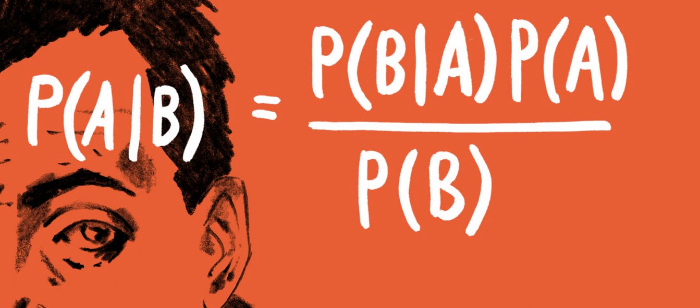
Ruling limits use of statistical reasoning in legal arguments
A UK judge in murder trial ruled that Bayes' Theorem and similar statistical analyses can no longer be used to argue for the soundness of evidence in such trials. The Guardian has the story, A formula for justice.
"It's not often that the quiet world of mathematics is rocked by a murder case. But last summer saw a trial that sent academics into a tailspin, and has since swollen into a fevered clash between science and the law.
At its heart, this is a story about chance. And it begins with a convicted killer, "T", who took his case to the court of appeal in 2010. Among the evidence against him was a shoeprint from a pair of Nike trainers, which seemed to match a pair found at his home. While appeals often unmask shaky evidence, this was different. This time, a mathematical formula was thrown out of court. The footwear expert made what the judge believed were poor calculations about the likelihood of the match, compounded by a bad explanation of how he reached his opinion. The conviction was quashed.
But more importantly, as far as mathematicians are concerned, the judge also ruled against using similar statistical analysis in the courts in future. It's not the first time that judges have shown hostility to using formulae. But the real worry, say forensic experts, is that the ruling could lead to miscarriages of justice."
A group of UK academics, statisticians, forensic scientists and lawyers have been formed to try to address the problem bad statistical arguments in the courts. "We want to do what people failed to do in the past, which is really get the legal profession and statisticians and probability guys understanding each other's language."
Bayesian networks have become widely used in computing and information systems to model and reason about uncertainty and as prt of the foundation for artificial intelligence, machine learning and data mining.